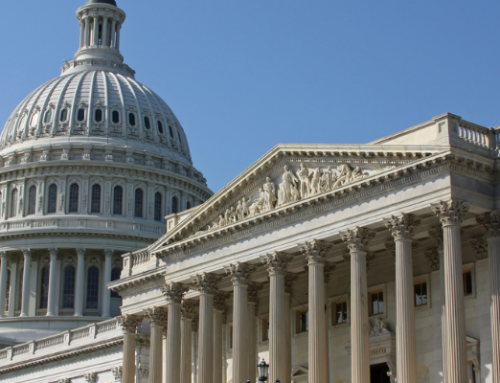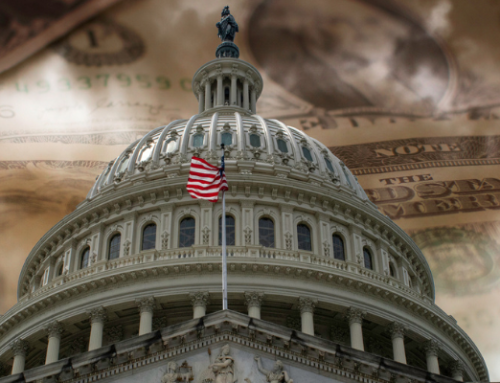By Charles Dean Smith, Jr., CPA
A pair of lawmakers introduced new bipartisan legislation on May 22 to streamline and significantly change the tax filing extension process for individual taxpayers. The proposed legislation has been endorsed by the American Institute of CPAs (AICPA) and many other state CPA professional associations.
Rep. Judy Chu, D-California, and Mike Carey, R-Ohio, introduced H.R. 3566, the Simplify Automatic Filing Extensions (SAFE) Act of 2023 that would streamline the extensions process for the millions of taxpayers who seek the six-month extension each April to file their federal individual tax return. Instead of relying on the current rule of calculating a percentage of the current year tax liability, the SAFE Act would allow individual taxpayers to automatically qualify for a filing extension without worrying about being subject to a penalty by paying an easily calculated amount based on 125% of their prior year’s individual tax liability.
Under current federal tax law, the Internal Revenue Code requires individual taxpayers to pay “properly estimated” tax liability for the current year along with their extension request. If the estimated payment is inaccurate, there’s a risk the extension could be deemed inaccurate, and the taxpayer will owe additional penalties. In order to comply, filers and their tax preparers need to do time-consuming calculations of the taxes owed by the April filing deadline, just to get an extension. That often means individuals need to put hours of work into their initial estimation, only to repeat the process again in six months to meet the extension deadline on October 15.
The proposed bill would not cover individuals who did not file an income tax return for the immediately preceding tax year, or if that tax year was a so-called short tax year (less than 12 months). For joint filers, if the taxpayer requesting an extension did not file a joint return in the previous year, “the amounts required to be shown on the income tax returns of both spouses for such immediately preceding taxable year shall be taken into account,” the bill’s text reads.
“Requiring taxpayers who need an extension to calculate their often-complicated taxes twice in a year is repetitive and burdensome,” Chu said in a statement Monday. “Rep. Carey and I are partnering on this commonsense bill to create a simple and easy way to pay estimated taxes while filing for an extension so we can make tax filing season less of a hassle for the IRS and taxpayers. Making it easier to comply with tax law will mean more taxpayers pay what they owe, and government can continue providing essential services.”
“Filing for an extension does not have to be stressful, nor should it,” said Rep. Carey. “By simplifying the tax filing extension process and removing the fear of penalty, both taxpayers and the IRS will be better off,” he said.
The AICPA is also strongly supporting this proposed tax legislation. “For decades, the AICPA has advocated for and promoted the principles of good tax policy before members of Congress, Treasury and the IRS — the SAFE Act is a reflection of good tax policy for taxpayers and practitioners,” said AICPA vice president of taxation Edward Karl in a recent press release.
No word yet on if any states would follow this proposed federal legislation as most states currently follow the same federal extension rules that require the state extension payment to be based on a calculated estimate of the current year’s tax liability amount.
Stay tuned for further updates from PBMares on the proposed SAFE Act and any future changes to the individual income tax extension process. Many taxpayers and tax professionals are hoping that the proposed legislation will make the annual tax extension process much smoother for next April 15. Individuals with questions about the annual tax return extension process should reach out to their PBMares advisor or a member of the PBMares Tax Team to discuss their extension payment options.





